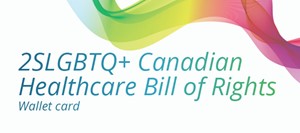About your grief
Many people think of grief as something that happens after death; but it can also be felt when someone in your culture or community has been harmed through discrimination or oppression.
As a 2SLGBTQ+ person, you may already know how discrimination and oppression affect you. It’s also possible you haven’t given it much thought before now. When someone is dying or has died, the grief can also include other losses in your life. These losses may or may not be recognized or understood by others. For more information about grief, view our grief module for people who identify as Two-Spirit and LGBTQ+.
If other people dismiss or don’t notice how you’re feeling, you may struggle with extra layers of grief that come from being misunderstood or being treated as invisible. Without support or understanding, you may begin to think that your grief is ‘wrong’ or somehow not reasonable. You may feel that no one can relate to it, or even wants to hear about it, which can leave you feeling alone, resentful, or guilty.
Feeling unseen or alone is a common source of grief in 2SLGBTQ+ communities. Some of the reasons for this can include:
- Loss of connection with your family or community of origin: Your grief may have many layers, including the loss of personal relationships or a shared history or culture.
- Loss of companions: You may be grieving the loss of partners or friends – through death, ageing, illness, or addiction – who knew you well or shared experiences with you.
- Loss of identity: If you’re an Indigenous LGBTQ+ or Two-Spirit person, or an immigrant or refugee, you may be feeling the loss of your cultural identity.
Identifying how your grief is connected to other losses you’ve had and the grief of others in your community can help you accept that what you’re thinking and feeling is normal. This can help you to feel less alone and is an important part of healing.
“A lot of grief comes from the loss of what a person envisioned their life to be. For many trans people, there is the added grief from loss of family. Many people try to just keep moving forward; they don’t actually deal with the emotions and everything else that comes from seeing your life turn out differently that they expected.”
Many factors affect the way that you grieve and heal. Whatever your grief feels like, it’s real and deserves to be recognized, acknowledged, and honoured – by you and others.
You don’t have to be alone in your grief. It can help reach out to others in your community or a counsellor, a spiritual advisor, an Elder, a teacher, or to a trusted healthcare provider.
Read more
- Grief that is not understood or supported by others
- MyGrief.ca Module - Grief in 2SLBGTQ+ communities
More Articles
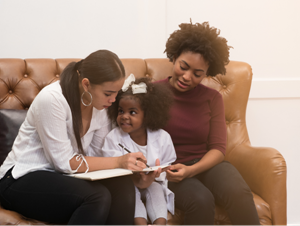
Leaving a legacy
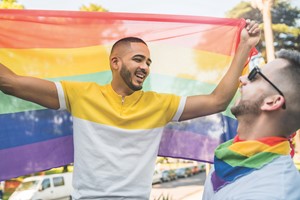
What does "2SLGBTQ+" mean?
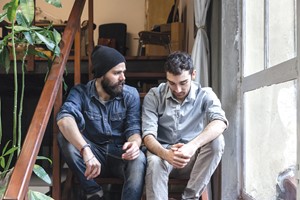
Managing difficult situations

Planning ahead: Your wishes
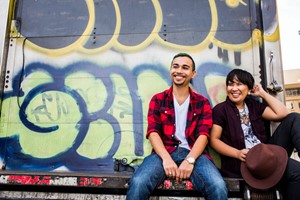
How to be an ally
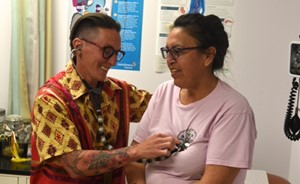
How to provide inclusive care to Two-Spirit & LGBTQ+ people
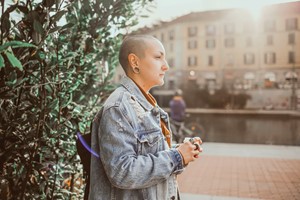
Getting the care that you need

Choosing a healthcare advocate

Finding 2SLGBTQ inclusive care

Making an advance care plan

Choosing a financial advocate

Making a will
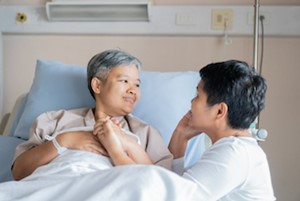
Finding inclusive continuing care
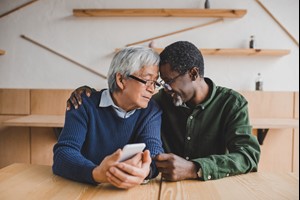
Why inclusivity matters

For family, friends, and unpaid caregivers
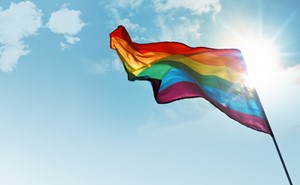
Canadian Healthcare Bill of Rights
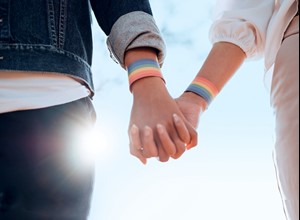
My Choices for Safe and Inclusive Healthcare
Featured Content

2SLGBTQ+ Canadian Healthcare Bill of Rights
Read More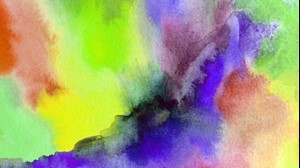
MyGrief.ca Module - Grief in 2SLGBTQ+ communities
Read More
My Choices for Safe and Inclusive Healthcare
Read More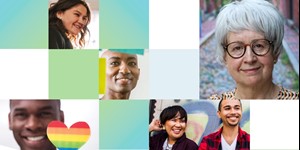
Planning for My Care
Read More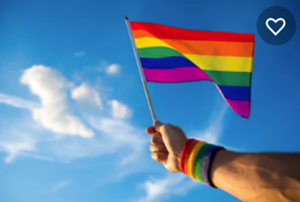
2SLGBTQ+ Knowledge Synthesis
Read More
Webinar: Improving access to respectful & inclusive care.
Read More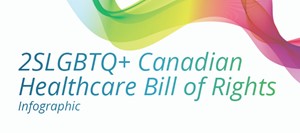
2SLGBTQ+ Canadian Healthcare Bill of Rights Infographic
Read More